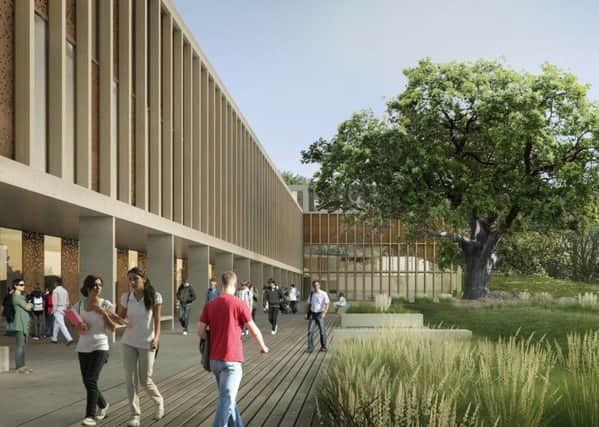University plans a healthy development


The proposed Health Innovation development at the University of Lancaster will create a centre of excellence in innovation to transform health and healthcare, and to change practice regionally, nationally and internationally.
The university already has a formidable reputation for academic research in health and illness issues.
Advertisement
Hide AdAdvertisement
Hide AdProfessor Neil Johnson, dean of the institution’s Faculty of Health and Medicine, said: “This development is going to provide a fantastic opportunity for Lancashire and Cumbria and the North West.
“It will make major contributions to improving health and healthcare through innovation, making a real difference not only locally but nationally and internationally too.”
Land next to the Bailrigg campus has already been set aside and has long been identified for development in the Lancaster Local Plan and benefits from planning permission for a science park.
Prof Johnson added: “By attracting individuals and businesses with great ideas to come to this area and work with local communities and organisations interested in improving health along with world-leading researchers and teachers from all parts of the University, it will also have a big impact on the continuing economic development of this area.
Advertisement
Hide AdAdvertisement
Hide AdThe submission of the application follows public and staff consultation events that took place over the summer.
It is due to be considered By Lancaster City Council early next year and if approved work would begin later that year, with the building opening in 2019.
Planners will be told that the project will have a major impact on the local and regional economy and could ultimately create up to 2,000 jobs.
One of the first challenges will be to respond to a pressing need to tackle issues linked to preventing illness in populations and enabling healthy ageing.